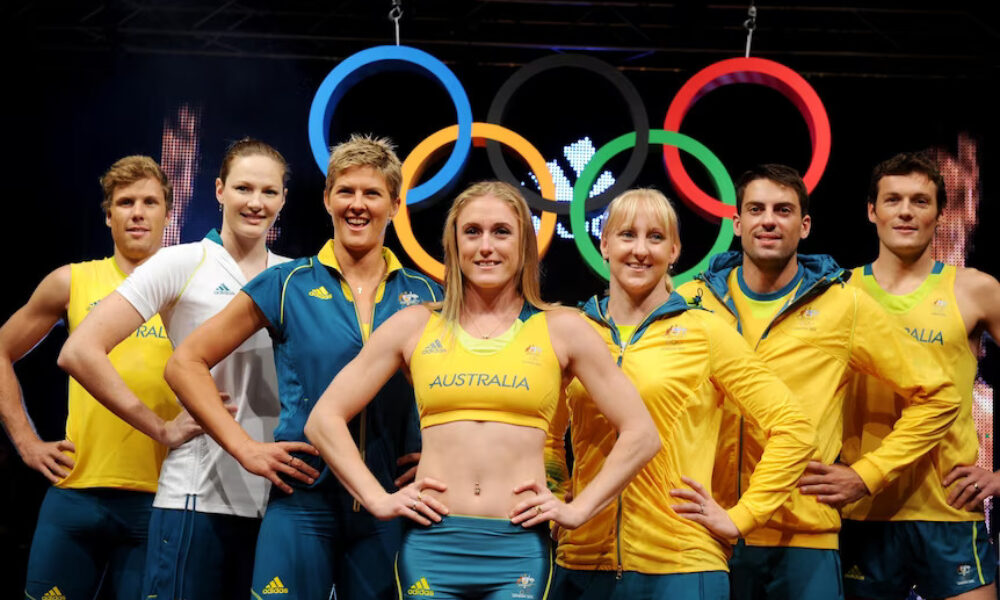
The future has arrived: young Olympians
Many young citizens have taken place in the Olympics over many years, getting more and more successful each Olympic games, leading their countries to success. This success is predicted to skyrocket into the future as they grow older and grow in talent in their sports, of course with the help of their coaches.
Young Olympians have shared many successes from the recent Olympics, proving that their hard work and dedication is vital to these wins. For example, Arisa Trew, young Australian skateboarder won gold at only 14 years old, after years of training and work. She stated in my interview that she has been skating since she was 8, and with a lot of passion she just flew through the years and ended up where she is now. ‘I look up to skaters like Poppy Starr and my friends at the park,’ she mentioned. ‘Watching them try new tricks really pushes me to step up my game.’
Other than the Olympics Arisa has also mentioned that ‘the X Games was a massive deal for me’. She competed in the X Games on September 22, 2024. I’m sure this doesn’t compare to winning gold though as she said how it was just ‘mind blowing’ and ‘the best feeling ever!’ She also shared a great piece of advice for other young skaters: ‘Just have fun and be yourself! Don’t stress too much about pressure or what others expect. Progress takes time, so enjoy the ride and celebrate your wins, no matter how small. Every little step counts!’

Although these achievements are great, let’s talk about the mental state of these wins. After the Olympics some athletes go through stages of depression and negative self-worth as they feel their trainings are now leading them nowhere. To stop this depression, they usually go out and about to more competitions and try their hardest to come out on top and start training again for the next Olympics. I can imagine that young athletes especially would be affected by this, considering their brains aren’t fully developed and they would find it harder to motivate themselves again. A positive side may be that they don’t experience these mental struggles, and their successes motivate them to be even better than before, helping them go further in their sport.
Being serious about their sport can be very good for young Olympians, as physical activity is great for their brain development, as well as distracting them from negative thoughts and providing them with many opportunities. Having a passion at a young age influences them to have a strong mindset about their passion, helping them succeed and proving to them that hard work and dedication pays off. Physical activity releases chemicals like endorphins and serotonin that helps you feel happy. This will also benefit their mental health, especially when they are going through a hard time.
Young Olympians typically range from ages 15–18, although there have been many other athletes younger than this. For example, the world’s youngest Olympian, 10-year-old Dimitrios Loundras, who took bronze in gymnastics in 1896. Arisa Trew doesn’t come far after this as she is now the youngest Australian Olympic medal holder.
To conclude, young Olympians are amazing role models. They have so much hard work and dedication, proving that age doesn’t matter when it comes to your passions. Unlike older Olympic champions, these athletes also must manage school, as well as training, giving them less time to work towards their goals. These Olympians have beat many athletes older and more experienced, and they ARE our Olympic future.
Lily M, Year 8
